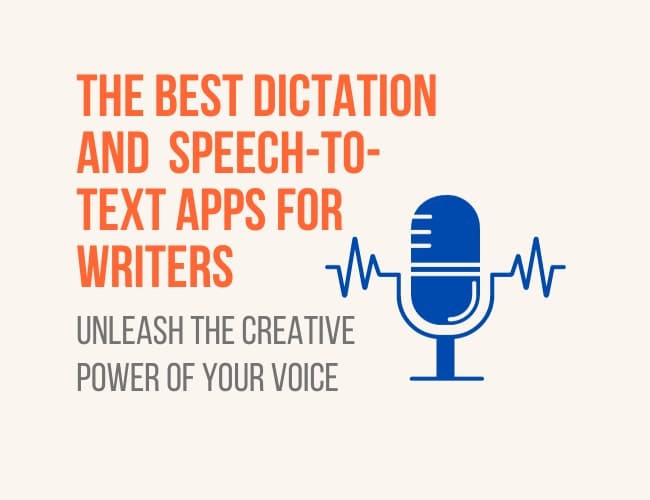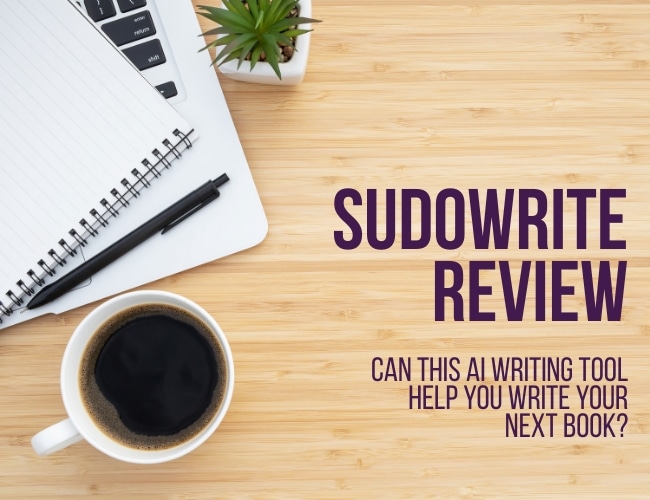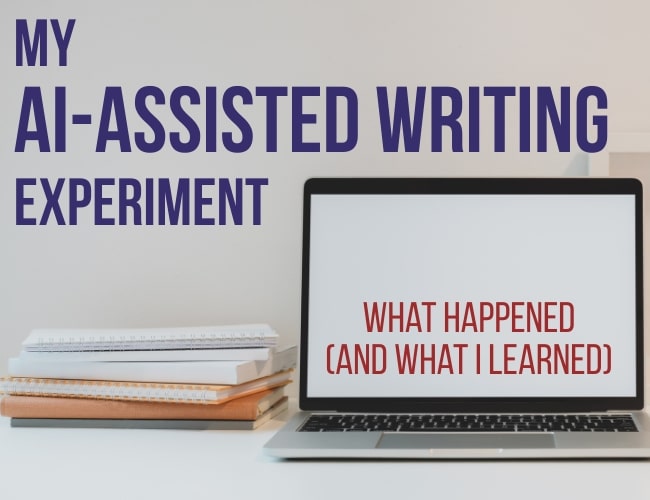
by Jamie Biggs |
If you’re more comfortable talking through your ideas than typing them out, you may want to try one of these speech to text apps for writers. Dictation and transcription provide quick solutions for everything from working through interviews to recording story ideas and chapters. Check out our guide by guest writer Jamie Biggs and see which one is the best fit for you!

by Jamie Biggs |
I’ve been thinking about translating my books for a long time. The idea of reaching readers in other countries is exciting, but the cost of hiring a human translator is… a lot. We’re talking thousands of dollars and months of waiting, and that has always felt like a huge barrier. So when Joe Bunting asked if I’d like to write a ScribeShadow review, I was genuinely curious. ScribeShadow is an AI translation platform built specifically for authors. The idea is simple. Let AI do the heavy lifting, then let a human translator polish the final text. I tested it using the free credits they give you when you create an account, and here’s exactly how it went.

by Jamie Biggs |
Writers use a lot of tools, and it is easy to end up with outlines in one place, notes in another, and chapters scattered across different apps. PlotDrive tries to pull everything together into one simple, organized space. After using it for a full project, I can say it does a great job of keeping things tidy and easy to manage.

by Jamie Biggs |
Like many writers, I’ve been wondering where AI fits into the creative process. Could it actually help me bring my story ideas to life, or would it change the way I write altogether? In today’s Sudowrite review, I’ll share my honest thoughts on whether this AI tool can really help you with your writing.

by Jamie Biggs |
There’s a growing divide in the writing world right now. On one side, you have authors excited about experimenting with AI. On the other, you have traditional writers who want nothing to do with it. The conversations can get heated fast, and often it feels like there’s no middle ground.
I wanted to know if there was room for compromise. Could AI help with speed while I protected the heart of the story? Could it serve as a tool instead of a replacement?







